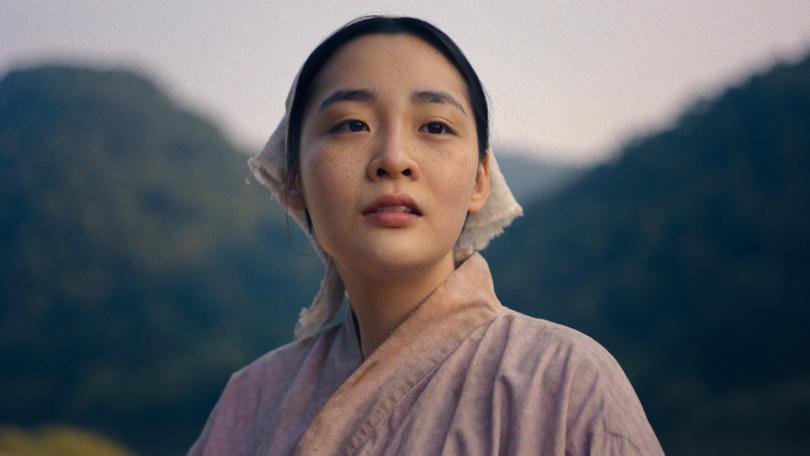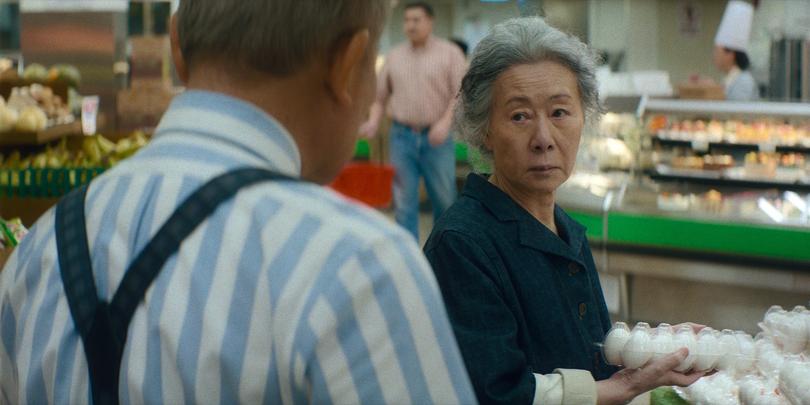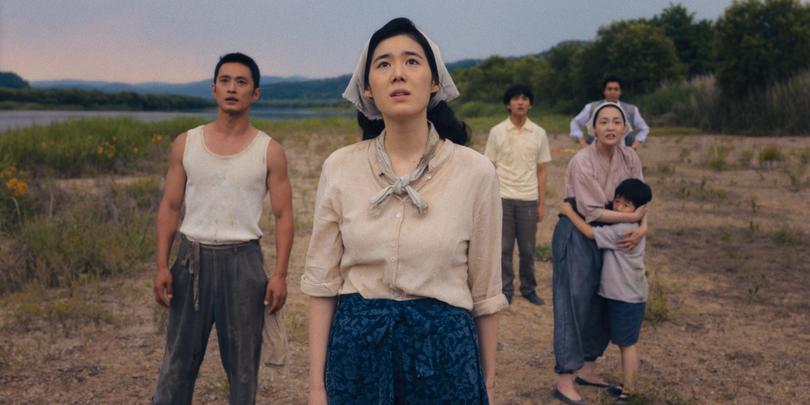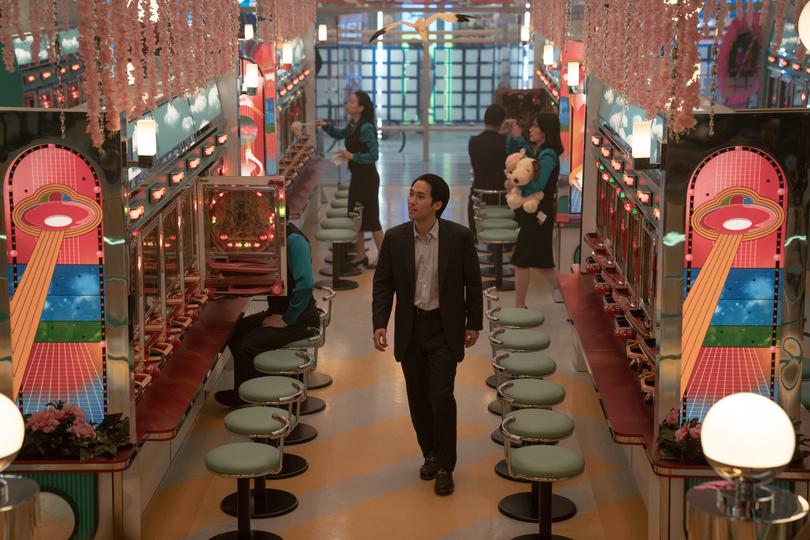Pachinko season two: Oscar winner Youn Yuh-jung on sharing Korea’s history with an international audience

When it comes to cultural soft power, Youn Yuh-jung understands the impact of storytelling.
At the age of 73, the South Korean actor broke through on the international stage when she swept the awards circuit for her performance in Minari, winning an Oscar, a BAFTA, a SAG and an Indie Spirit.
Minari was the semi-autobiographical tale of its filmmaker, Lee Isaac Chung, and his experience as a young immigrant kid in 1980s America, watching his parents trying to forge a life in a foreign place.
Sign up to The Nightly's newsletters.
Get the first look at the digital newspaper, curated daily stories and breaking headlines delivered to your inbox.
By continuing you agree to our Terms and Privacy Policy.That story of cultural displacement and diaspora touched the hearts of all who saw it, and many recognised shades of their own family’s history, whether they were Koreans in the US or not. There was a universality to it, a call to recognise your parents’ sacrifices.
Youn’s current project has many of the same broad strokes. The acclaimed historical drama Pachinko is returning for its second season today on Apple TV+, and it’s the best series you’re probably not watching.

Youn told The Nightly she realised the power of TV as a form of diplomacy was stronger than what bureaucrats can accomplish behind the scenes. “They cannot cover this much of a story, so I was very privileged to be part of this project, and we are very glad this story has been told to the world,” she said.
That story is adapted from the best-selling novel of the same name by Korean-American writer Min Jin Lee, the saga of a Korean family which spans from 1915 until 1989 and their hardships at home under Japanese occupation and as “zainichi”, the name given to Koreans who migrated to Japan before WWII and were treated as second-class people.
A sweeping historical epic, every episode punches with emotion, elevated by superb performances from its ensemble cast including Youn who plays the older version of the protagonist Sunja, who was born in Korea under Japanese colonial rule.
When a young Sunja (Kim Min-ha) starts a romance with a merchant, she falls pregnant to him only to later discover he was already married. A kind pastor, Isak, offers to marry Sunja and raise her child as theirs, and together they move to Japan where his brother lives in Osaka.

Jumping between timelines, between the past (primarily 1930s in the first season, starting with WWII in the second) and 1989, where Sunja is now the matriarch of a family that includes her grandson, the Western-educated Solomon (Jin Ha) who tries to broker a deal in the cutthroat Tokyo business world, Pachinko tracks the generations of a family trying to build a better life.
The American series, created by Soo Hugh, won Peabody, Indie Spirit and Critics’ Choice gongs, but more significantly, it draws attention to a history that is not widely known.
Youn learnt about the plight of the zainichi in middle school and it’s something she’s always remembered. When Pachinko came along, she was excited. “I felt, as a Korean, we can finally tell the world about our history and background. We are not ashamed, it already happened.”
She said she was surprised by the reaction to the first series as she thought most young Koreans weren’t even familiar with their history. “But then all over the world, they were trying to understand our situation,” she added.
By the time Youn was born in 1947, Korea had wrested back its independence from Imperial Japan but she remembered the stories from her mother, of growing up under colonial rule.
“My mother told me they couldn’t speak Korean, they were supposed to speak Japanese, and at school, there would be a penalty if you spoke even a word of Korean,” Youn recalled.

Even though Pachinko is specifically about the experience of those who migrated to Japan, Youn said working on the series was another piece of the puzzle that helped her understand her past.
“My mother’s story is similar but it’s a different story. Everybody has a different situation but everybody suffered.”
While the characters in Pachinko endure a lot, it’s not a depressing or downbeat series. Coursing through its veins is love and optimism, eternal hope for a better future. The anchor of that ambition is Sunja.
“It’s her strength and her determination to survive, and her resilience, and without any education,” Youn said. “It’s the purity of her heart. Isak saved her and so she is trying to pay back what she owes him, and nowadays, no one feels they have to do that. That’s a very nice thing about Sunja.”
Having that connection to your past, to the experiences of your parents, your grandparents and your ancestors has incredible value in a 2024 that often seems dominated by what’s new and what’s next, usually so fleeting it’s forgotten with the snap of your fingers.
Pachinko’s story may be specific to the experiences of Koreans in Japan, or of Youn’s mother’s generation, but the collective understanding it engenders creates empathy in all of its audience. Their story becomes our story. If that’s not power, then what is?
Pachinko is streaming on Apple TV+

